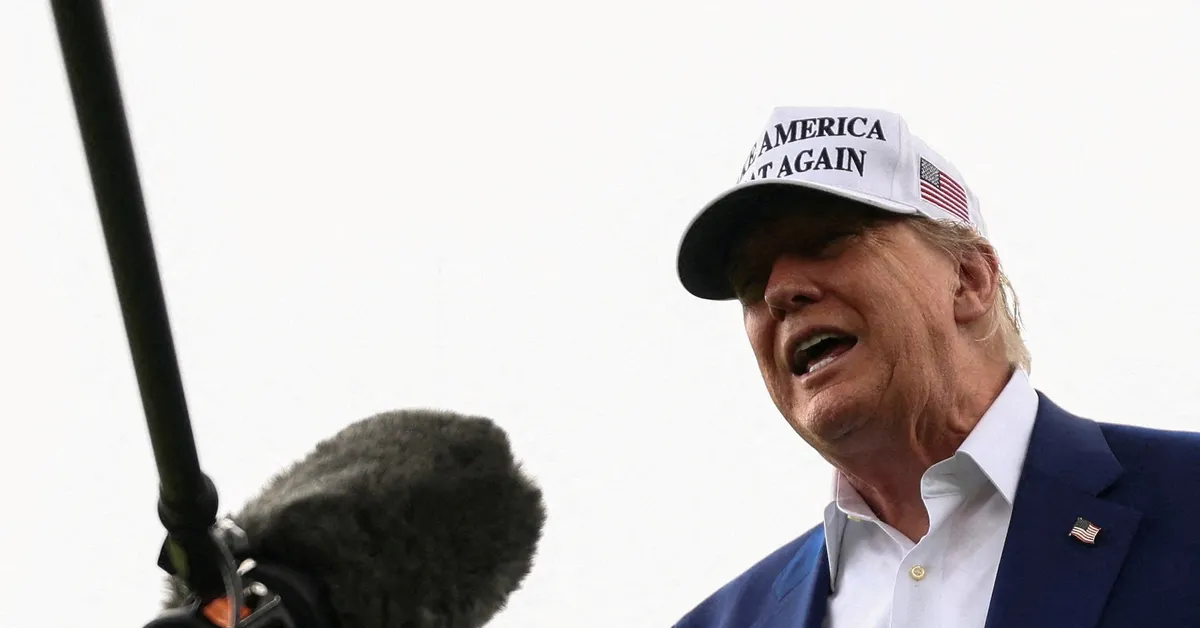
On June 19, the White House announced that President Donald Trump is set to make a pivotal decision regarding the United States' involvement in the escalating Israel-Iran conflict within the next two weeks. During a press briefing, White House Press Secretary Karoline Leavitt conveyed Trump's intent to evaluate the situation, emphasizing that negotiations with Iran may influence his decision.
Leavitt noted that President Trump is keen on pursuing a diplomatic resolution with Iran. However, she underscored that his primary objective remains preventing Iran from acquiring a nuclear weapon. "Any potential deal would need to prohibit uranium enrichment by Tehran and eliminate its capacity to develop nuclear arms," she stated. This aligns with Trump's image as a "peacemaker in chief," emphasizing his commitment to achieving peace through strength.
Leavitt highlighted Trump's dual approach, stating, "The president is always interested in a diplomatic solution... If there's a chance for diplomacy, the president's always going to grab it. But he's not afraid to use strength as well." This statement reflects Trump's complex strategy of balancing diplomatic engagement with potential military readiness.
When pressed about whether Trump would seek congressional authorization for any military strikes against Iran, Leavitt refrained from providing specific details. She reiterated Washington's belief that Iran is closer than ever to achieving nuclear capabilities. Meanwhile, tensions have escalated dramatically as Israel conducted airstrikes on Iranian nuclear targets, prompting Iran to retaliate with missile and drone attacks on Israel.
As the conflict intensifies, both sides appear entrenched in their positions, with no clear exit strategy in sight. Leavitt confirmed that Trump had been briefed on the Israeli operations and warned that Iran would face severe consequences if it continues its pursuit of nuclear weapons. The ongoing situation is being closely monitored by U.S. officials, who are weighing the implications of their next steps.
Trump's statements have left the international community speculating about possible U.S. involvement in the conflict. He has oscillated between advocating for a swift diplomatic resolution and suggesting potential military engagement. Recently, Trump hinted at drastic measures on social media, including a provocative remark about Iranian leader Ali Khamenei and a call for Iran's unconditional surrender.
In light of these developments, U.S. special envoy Steve Witkoff has reportedly engaged in multiple phone conversations with Iranian Foreign Minister Abbas Araqchi since Israel's strikes commenced. As the world watches closely, Trump's decision in the coming weeks will undoubtedly impact the trajectory of the Israel-Iran conflict and broader regional stability.